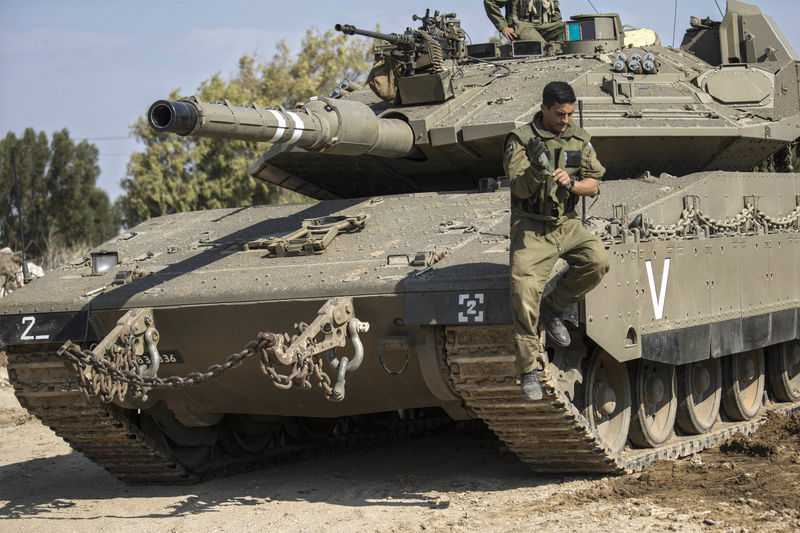Israel-Hamas ceasefire takes hold
15 November, 2018

Hamas and other militant groups said Tuesday they had accepted an Egyptian-brokered ceasefire to end two days of intense fighting with Israel that had pushed the sworn enemies to the brink of a new war.
The sudden announcement brought relief to a region that had been paralyzed by hundreds of Palestinian rocket attacks in southern Israel and scores of Israeli airstrikes on targets in the Gaza Strip. But it did not address the deeper issues that pushed Israel and Gaza’s Hamas rulers toward their latest violence and left doubts about international efforts to forge a broader truce agreement.
Those efforts had appeared to be making progress in recent days as Israel allowed Qatar to deliver financial aid to the cash-strapped Hamas government, and Prime Minister Benjamin Netanyahu declared that he wanted to avert an “unnecessary” war in Gaza. Hamas, in turn, had scaled back its mass protests that have led to weekly bloodshed along the Israeli border.
But hours after Netanyahu spoke Sunday, an Israeli commando unit on an undercover mission was caught behind enemy lines in Gaza by Hamas militants. Their discovery set off a battle that led to the deaths of seven militants and an Israeli officer, and triggered the heaviest barrage of rocket fire since a 2014 war.
The Israeli military said that Palestinian militants fired 460 rockets and mortars into Israel in a 24-hour period, while it carried out airstrikes on 160 targets in Gaza. Seven Palestinians, including five militants, were killed, and 26 people were wounded. In Israel, a 48-year-old Palestinian laborer was killed in a rocket strike on an apartment building where he was staying. Nearly 30 people were wounded, three critically.
With air raid sirens wailing throughout southern Israel and the explosions of airstrikes thundering in Gaza, the sides had appeared to be headed to what would have been their fourth war in a decade. But late Tuesday, Hamas and other military groups issued a joint statement saying they had accepted an Egyptian ceasefire.
Terms of the deal appeared to be modest. Daoud Shehab, a spokesman for the Islamic Jihad militant group, said each side would promise quiet in exchange for quiet.
“It’s a mutual commitment to the ceasefire,” he said. “From our side, we responded positively to the Egyptian endeavor on the condition that the occupation does the same.”
The announcement set off celebrations in Gaza City as Hamas supporters declared victory.
At a demonstration staged in the rubble of Hamas’ TV station, crowds chanted the name of Hamas’ military wing. Shops reopened and cars jammed the streets. Israeli reconnaissance drones continued to buzz overhead.
Ismail Radwan, a Hamas official, expressed Hamas’ commitment to the ceasefire but warned that “our hands are on the trigger” if Israel violates the agreement.
In Israel, officials had no comment on the ceasefire claim even as dozens of protesters in the rocket-battered town of Sderot chanted “Disgrace!” at what they saw as the government’s capitulation to militant violence. But after nightfall, both the rocket attacks and Israeli airstrikes had stopped.
The announcement came shortly after Netanyahu’s Security Cabinet ended a seven-hour discussion on the rising tensions in Gaza.
